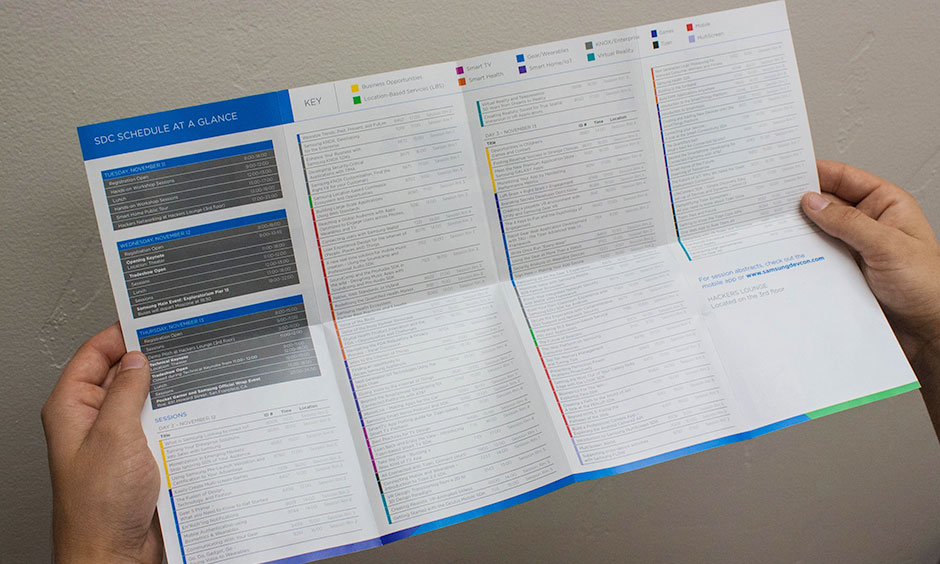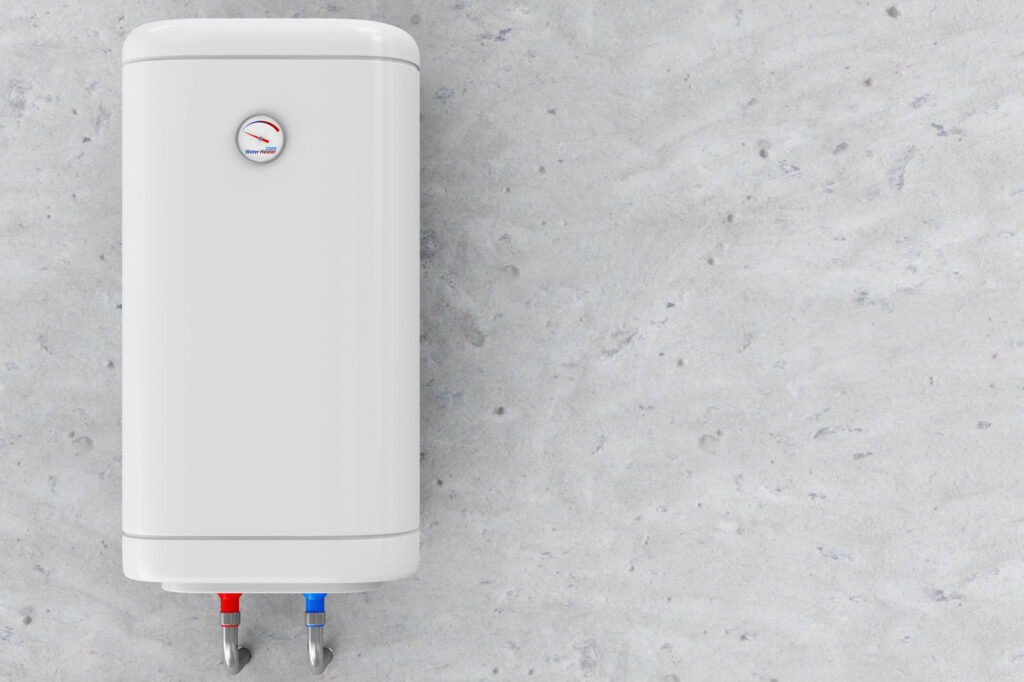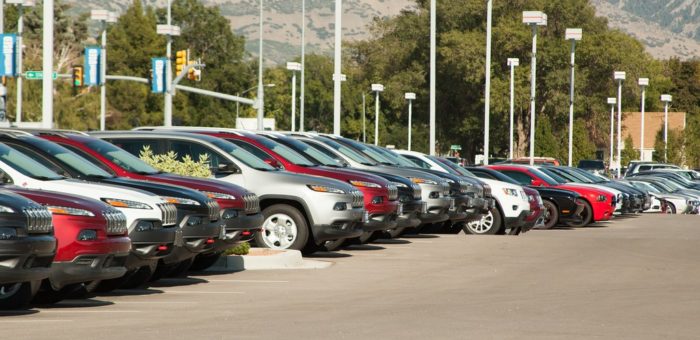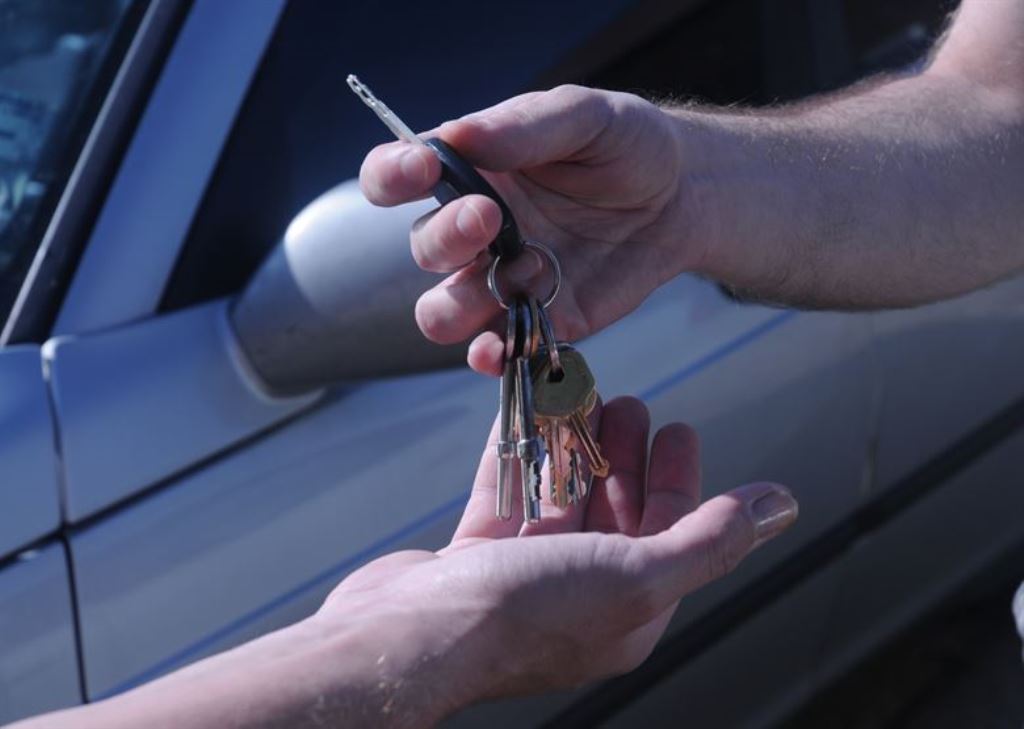Event Planning: The Ultimate Guide
A well executed event can bring in as much as $704 per participant. Even more important, it can introduce your organization to powerful sources of ongoing support, from newfound audiences to bedrock sponsors. And each successful event makes the next one more successful.
Think about the last event you attended. How did you find out about it, and why did you go? Was it easy to get there? Was the location comfortable? Were you served food and/or drinks? What did you see and hear and buy and try? Who did you meet? Did you learn anything, enjoy yourself, come away with new contacts? Did it impress you? Was it worth it?
Everything that goes into making an event happen is the job of an event planner. Everything that goes into making it memorable is the job of an excellent one.
Learn the ground rules
The touchstone of event planning is that you never launch an event without a clear plan for how it will run from start to finish. Simple as that sounds, it’s a foundational rule that guides all professional event planners.
Get in the trenches
In addition to learning event planning fundamentals, the sooner you can get some hands-on experience, the better. The ability to handle pressure and hit deadlines is key to success on every project, and there’s no substitute for real-world accountability.

Choosing the Right Vendors for your Company Event
Choosing the right vendor or vendors can be a painstaking and burdensome task when planning a large corporate event such as a Company Picnic or Family Fun Day.
Decisions, Decisions!
You are now the quarterback and it’s Super Bowl Sunday. You have to find something fun and unique to satisfy not only your boss, but hundreds of your colleagues and maybe even their families. On paper it sounds fun, but once you start to dig into each aspect of the event, things start to get real. Finding the right caterer, entertainment company, logistics specialist, décor and arranging payments can turn this task into a full time job that requires an exhausting amount of organization and attention to detail.
Cheap vs. Expensive
Everyone knows the saying “You get what you paid for”. This could not be truer in the event industry. You have a budget that you have to stay within, but what good have you done if you come in under budget and the event is a disaster? Things to consider
Customer Service and Communication
Perhaps this should be # 1 on the list. The worst vendor you can hire is the one who has you sign a one page contract and says we will see you on your event day. You never hear from them again until it is time to collect the final payment. The event planning process is very much a living, breathing creature that is constantly changing and adapting to ensure one aspect of the event fits the next.
Ambition
Your vendor should be as ambitious as you are when trying to achieve success. A good event planner understands the value of teamwork. Things to consider

qualities every great event planner should possess
Embracing future technology
Technology is constantly and rapidly evolving and changing, ergo being in touch with new trends can be key ease your workload. Technology can help you get your work done faster, more efficiently and more organized, which in the end can make you an exceptional and happier event planner. Social Media is also constantly evolving, and what were new and hip yesterday, might be old and outdated tomorrow. Making sure you recognize your audience and their media trends, can give you an edge over your competitors. Related post: How to embrace future technology
Be Creative – Be Different
The key to success is the ability to do things differently, to do things new ways you need to be creative and innovative. Are you the kind of person who enjoy solving problems creatively, who wants to make every event unique and special, or who is not afraid of doing something new, then you are destined to become a successful event planner. Your ability to improvise, and your flexibility is what will make you stand out from the crowd. Related post: How to be creative
People Skills is my middle name
As an event planner you are going to talk to lots of people, a lot! You are the liaises between vendors, clients and suppliers, therefore a key component, to becoming a successful event planner, is being able to give clear and precise communication and understand what the client wish to achieve in the end. You are going to be social, and build a network of professionals, who can help you out, when problems outside of your expertise arise. In the end, knowledge and charisma are going to help you win a client. Related post: People Skills Are Essential To A Succesful Event Planner
Self-motivation behind the desk
Hollywood has painted a glamorous picture of event planners traveling constantly to exotic locations. The reality is, you are sitting at your desk from 9-17, responding to requests for event proposals, calling venues, hotels, and restaurants asking if they have available dates and satisfying rates. Self-motivation is the answer. It will keep you from going insane with mundane tasks, and will guarantee that you are not slowly killing your mood and creativity, when sitting in front of a screen 8 hours a day. Related post: Motivation Creates the Best Event Planners
Procrastination? Not on my time!
Event planners must have excellent time management. Between the mountains of details, you need to remember, the various people you have to communicate with before an event, and other tasks you are assigned, you will have no time to procrastinate. Remember your schedule for an event start at least 6 months prior to the event, therefore if you are the kind of person, who does every task at the last minute, you are not going to achieve much success. Multitasking is an essential process, when working as an event manager, as you are going to switch your attention back and forth between different assignments. The event industry is stressful, so make sure you use every available option you got, to make your workload easier to overcome
The Complete Guide to Hiring a Destination Wedding Planner
It may come as no surprise that destination weddings require more coordination than local weddings. Paying close attention to detail is critical because not only are you planning an event from afar, you are also likely to be hosting multiple events over the course of the wedding weekend, not just the ceremony and reception. The good news is, destination wedding planners can help you with just that.
“I am obsessed with details—logistical details, styling details, the smallest details down to the placement of a fork,” says premier destination wedding planner Kimiko Hosaki. “Timelines and seating plans are strategic puzzles to me that I love obsessing over for hours until they’re just perfect, ensuring the most enjoyable experience for everyone.”
Reasons to Hire a Destination Wedding Planner
In addition to the comfort of knowing your wedding is in capable hands,
Peace of mind.
Destination wedding planners ease the stress by being able to answer your questions, lay out the facts, and offer an unbiased, professional opinion. They are an invaluable asset if you have to make hard decisions like rain contingency plans, postponing your wedding date, or how to handle unforeseen road bumps.
Hands-on experience.
A top destination wedding planner has years of experience, connections, and relationships that they’ve built over time. They can handle any problem that arises with grace.
Beginners Guide to Event Planning
Hosting a large event like a trade show or an industry conference takes a lot of planning. Sometimes, you can get so focused on the big picture that you forget about the details. Before your next event
Choose a Location That is Easy for Attendees to Access
When deciding on a location for your event, first begin with access. Are you looking to locate your event in a city that attendees can easily fly, drive, or catch a train to? Once they’re there, how will your attendees get around? Do your research and coordinate with your event partners (your local CVB or DMO is great for this) and ensure that your attendees have all the information they need to find the venue, networking events, and hot spots to visit while they’re in town.
Share the Event’s Schedule With Attendees
Let everyone know your event’s schedule by sharing it via email or a mobile event app. Use hashtags like #eventprofs and the name of your conference or trade show to share information on Twitter. You should also post schedules at the event to help attendees make the most of presentations and other opportunities
Check for Inconsistent Wi-Fi
Wi-Fi quality can drop quickly as more people arrive and connect to the internet. You probably can’t do much about a venue’s Wi-Fi quality, but you can use a mobile event app that stores information and regularly syncs with its database to make sure attendees get updates as soon as they can connect. (Good news, PCMA says that these convention centers are upgrading their Wi-Fi soon!).
Provide Good Signage to Help People Navigate the Event
The bigger your event is, the harder it becomes for people to find booths, stages and vendors. Posting large, colorful signs will make it easy for all attendees to navigate your event without constantly asking staff members for help.





